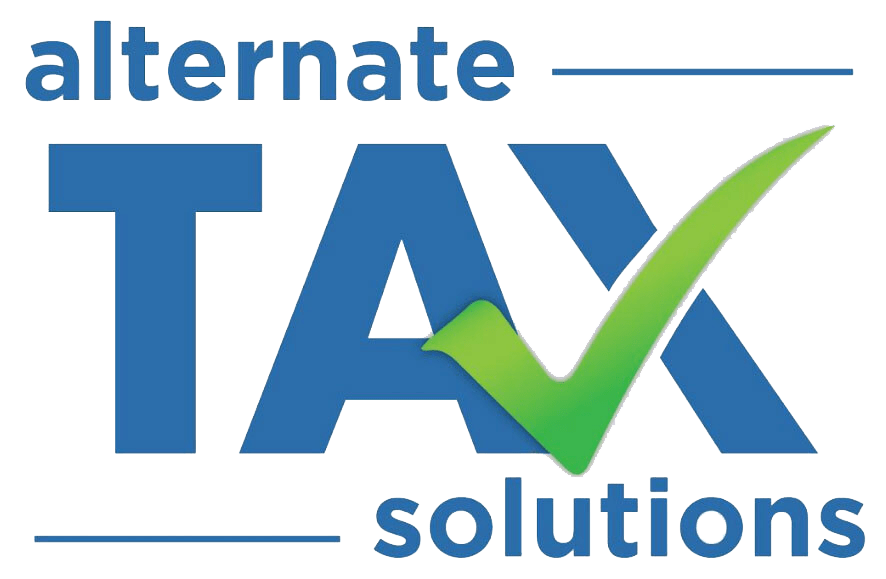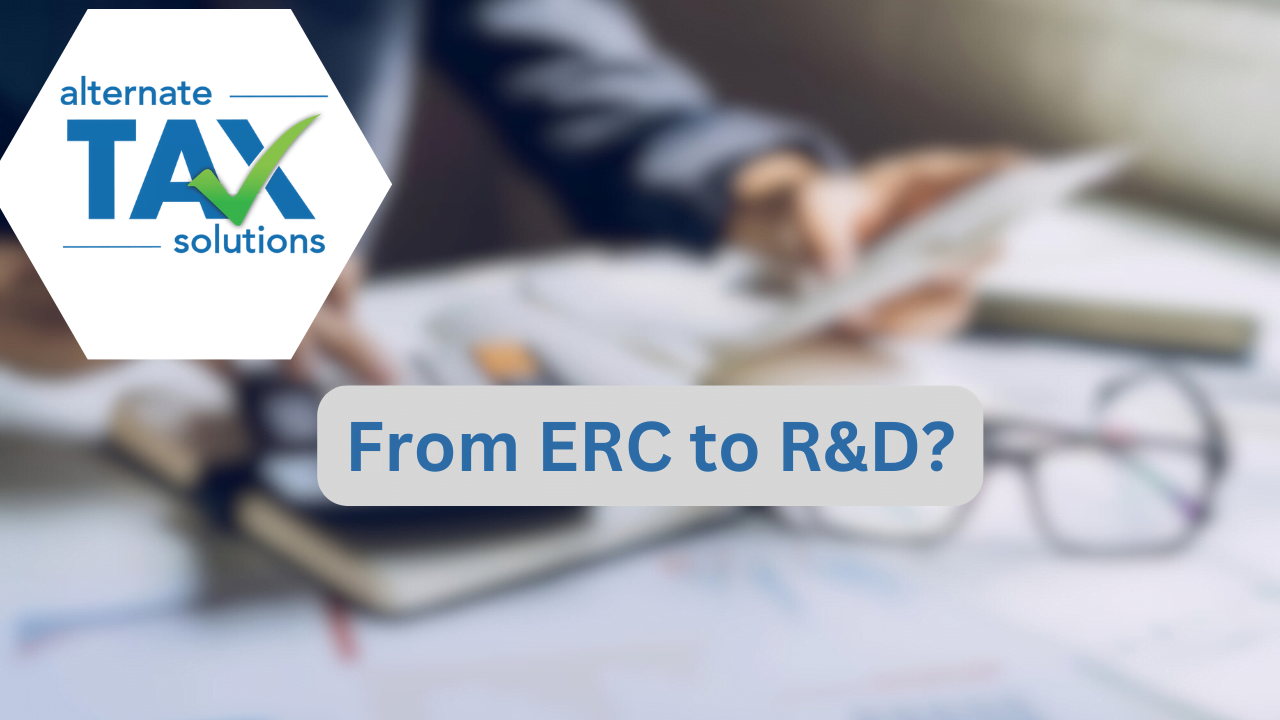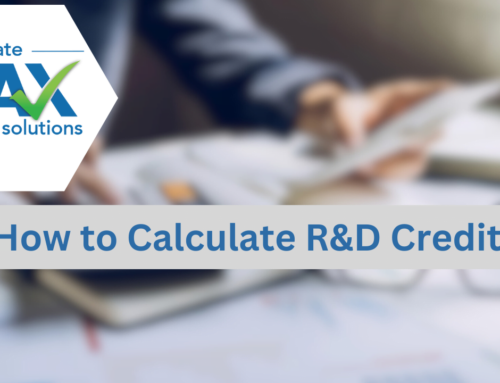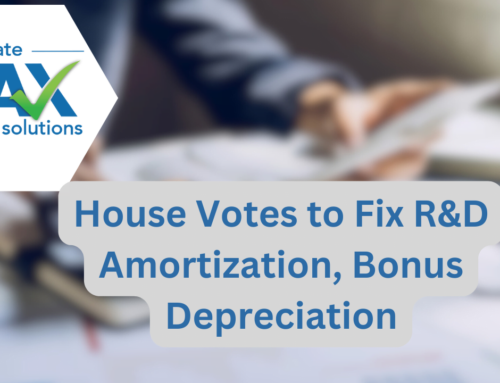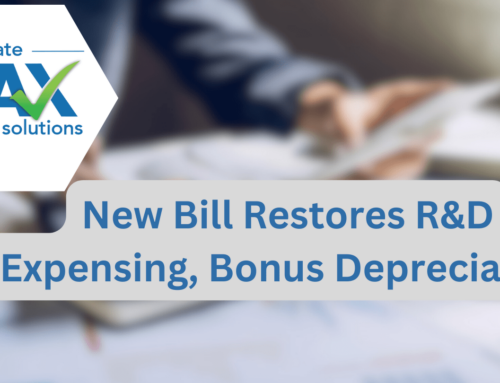The phenomenon that was the Employee Retention Tax Credit (ERC) fostered the explosion of a cottage consulting industry. These consultants saw that by helping eligible businesses (or non-eligible businesses in many cases) claim the ERC, they could reap a portion of the benefit. Thus, these pop-up consulting shops began charging fees that were tied to the amount of tax savings they helped a business apply for. The IRS was overwhelmed with millions of ERC submittals claiming over $80 billion in credits. Business, for this new consulting industry was booming.
Most close observers know how the story ended. Flooded with ERC claims and discovering that many of them were fraudulent, the IRS put a moratorium on issuing refunds in September of 2023. In January of 2024, the House of Representatives passed a law that would put a permanent end to the ability to file amended returns claiming the credit. The government has begun hundreds of subsequent criminal investigations into ERC claimants and providers. Business will soon be drying up for the ERC consulting business.
However, these businesses had grown accustomed to large fees ranging from hundreds of dollars per employee claimed on ERCs to 25% of total ERC credits. It appears that these companies have now set their sites on becoming R&D Tax Credit consultants.
The R&D Credit field has long been populated by consulting firms that utilize the same percentage of savings model. The IRS for its part is not a fan of this type of relationship since it
- incentivizes the consultant to claim more tax credits and,
- is a potential violation of contingency payment rules in Circular 230.
Yet many firms do in fact charge between 10% and 33% of total tax credits claimed, reaping substantial consulting fees.
It will be tempting for ERC providers to re-aim their efforts towards this tax credit. However, the ERC and the R&D credit could not be more different. The former contains black and white rules on whether a company is eligible. The latter has thirty-plus years of case law, Treasury Regulations, and Audit Techniques Guides that need to be understood and applied to each company. It is folly to think that a firm who specialized in ERC can rapidly pivot to become experts in R&D Tax Credits, save for hiring someone with this expertise.
At ATS we are starting to receive cold emails from ERC firms telling us that if we liked the ERC credit program for our clients then we should consider using their services for R&D tax credits. We are also seeing proposals to perform R&D Credit services with similar terms to those found in an ERC proposal. For example, one client recently received a proposal to perform two years of R&D Credit claims (to include filing amended returns) for a base fee + a fixed fee per eligible employee.
The R&D tax credit is not like the payroll-based ERC where every employee was an “eligible employee” if the Company met the revenue loss or shutdown test. For R&D Credits the IRS ideally wants you to look at eligible projects, if possible, then use the shrink-back rule to determine eligible activities and expenses. It will be interesting to see how they will view an R&D Credit claim where the tax advisor would obtain a larger fee if they could find more “eligible employees.”
Business owners and tax advisors should beware of firms attempting to “hang a shingle” and help push R&D Credit claims. The R&D Credit contains many more complexities and pitfalls that taxpayers must know how to navigate and avoid. Here are some things that one should look out to determine if you are working with a legitimate R&D credit expert:
- The provider uses similar terms that were seen on ERC engagements (percentage of credit fees, fees based on # of employees claimed)
- The provider tries to push certification of all QREs onto the client as well as all liability for audit defense.
- The provider does not display expertise in this area on their website (webpages are only call to action, no blogs or thought pieces on the subject, etc.)
At ATS, we have been helping companies claim R&D Tax Credits for over 15 years, all while charging reasonable fixed-price fees. Our experts can help you determine if the R&D Credit could be of benefit for your business. We are happy to provide a no-cost analysis of your business and evaluate claims made by other R&D Credit providers. If you have any questions about the R&D Credit or solicitations made by R&D Credit providers, please contact us.
